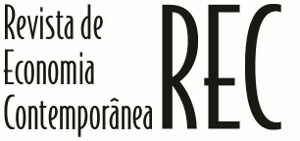ABSTRACT
The Brazilian labor market has significantly changed in recent decades, including an increase in workers with higher education. However, it shows an imbalance caused by overeducation, leading to inefficiency, decreased productivity, low wages, and dissatisfaction with mismatched jobs. This study aims to explain whether overeducation in Brazil is driven by labor supply or job demand factors. Using a microdata panel from the Annual List of Social Information (RAIS) for the period from 2010 to 2019, micro and macroeconomic variables were analyzed, and a random effects model with Newey-West robust standard errors was estimated, aggregated for the 27 Federative Units. Results indicate that overeducation stems from both the increase in workers with higher education and the slow growth in demand for qualified jobs. It is concluded that Brazil should adopt policies to improve worker qualifications and enhance the quality of education, creating economic conditions for the growth in demand for qualified jobs to be directly correlated with the supply of qualified workers, thus better allocating workers in the labor market.
KEYWORDS
Labor market; Over-education; RAIS; Random effect

 Thumbnail
Thumbnail
 Fonte: Elaboração própria com base em informações de dados da RAIS (Brasil,
Fonte: Elaboração própria com base em informações de dados da RAIS (Brasil,